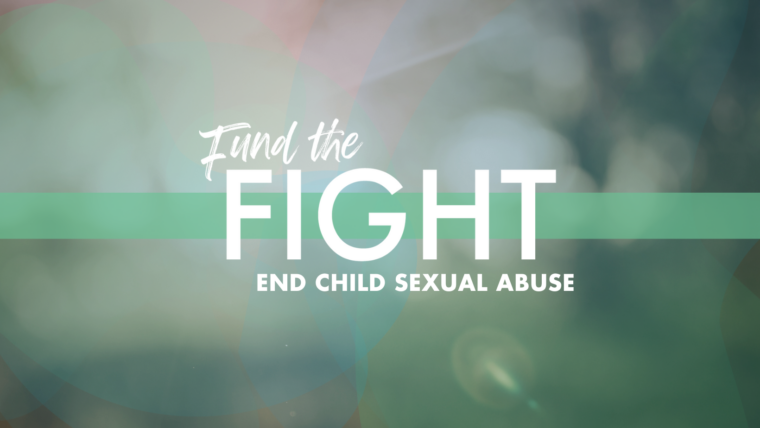From “Toxic stress from childhood trauma causes obesity, too” by Jane Ellen Stevens
 The year was 1985. Dr. Vincent Felitti was mystified. The physician, then chief of Kaiser Permanente’s Department of Preventive Medicine in San Diego, couldn’t understand why 55 percent of the 1,500 people who enrolled in his weight-loss clinic every year left before completing the program.
The year was 1985. Dr. Vincent Felitti was mystified. The physician, then chief of Kaiser Permanente’s Department of Preventive Medicine in San Diego, couldn’t understand why 55 percent of the 1,500 people who enrolled in his weight-loss clinic every year left before completing the program.
He was especially confused after examining their medical records: Almost all of the dropouts had been losing, not gaining, weight. It didn’t make sense. Why were people who were dropping pounds dropping out?
Felitti had started the weight-loss clinic in 1980 because many Kaiser Permanente members suffered from health problems, such as diabetes and heart attacks, which were exacerbated by their weight. When patient records of the drop-outs did not reveal a pattern, Felitti decided to ask those who had left the program if he could interview them, and 286 agreed.
During the interviews, two clues surfaced: The first was that none of the participants was born fat – all had normal or below normal birth weights. The second was that people who were severely overweight didn’t gain 10 or 20 pounds a year over several years.
“I had assumed that people who were 400, 500, 600 pounds would be getting heavier and heavier year after year. In 2,000 people, I did not see that once,” says Felitti. When they gained weight, they did so abruptly and then stabilized. If they lost weight, they often regained all of it or more, within weeks or months.
The turning point in Felitti’s inquiry came by accident. The physician was running through a series of questions with yet another clinic dropout: How much did you weigh when you were born? In first grade? In high school? How old were you when you became sexually active? How much did you weigh when you married?
“I misspoke,” he recalls. “Instead of asking, ‘How old were you when you were first sexually active,’ I asked, ‘How much did you weigh when you were first sexually active?’ The patient, a woman, answered, ‘Forty pounds.’”
He thought he’d misheard. He asked again. She gave the same answer, began sobbing, and added: “It was with my father.”
The moment remains vivid, says Felitti: “I remembered thinking, ‘This is only the second incest case I’ve heard about in 23 years of practice.’ I didn’t know what to do with the information. About 10 days later, I ran into the same thing. It was very disturbing. It seemed that every other person was providing information about childhood sexual abuse. I thought, ‘This can’t be true. Someone would have told me in medical school.’”
Another piece of the puzzle dropped into place during an interview with another clinic dropout, a woman who had been raped when she was 23. In the year after the attack, she gained 105 pounds. “As she was thanking me for asking the question,” says Felitti, “she looks down at the carpet, and mutters, ‘Overweight is overlooked, and that’s the way I need to be.’”
Felitti began to realize that obese people didn’t see their fat as a problem. For many, it was a solution.
This blog is the first of a 3-part series on the Adverse Childhood Experiences Study. Learn more about the study and Dr. Felitti’s findings here. For more information on the long-term effects of child sexual abuse, visit D2L.org/Statistics.



okay thank you so much im from the Gambia west Africa
Where can I find parts 2 and 3 to this article? Thank you very much for sharing this with us.
Hi Dawn! Thanks for your message, here are the other links from this series:
What’s Your ACE Score? https://www.d2l.org/whats-your-ace-score/
We also have a newer ACE series as well below:
https://www.d2l.org/changing-the-conversation/
https://www.d2l.org/childhood-trauma/
https://www.d2l.org/move-forward-resilience/